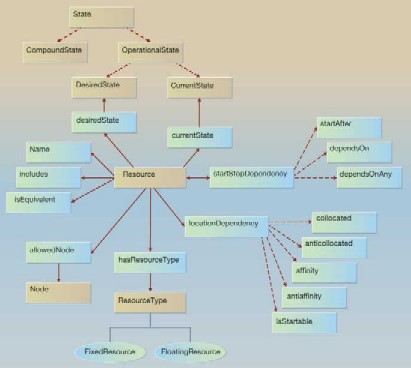India's Contribution to Open Source Movement - NEWGENLIB

Dear All,
I am happy rather excited to inform you that NewGenLib - Library automation/Management software finally became Open source. Thanks to the efforts of Dr. Haravu and Mr. Siddarth, the main persons behind the software.
I always feel, India is more a downloading country, hardly anything to offer to the rest of the world.
Even Indian software industry is mostly service oriented rather than product oriented.
I feel rather proud that India's Open s/w happened in the field of Library and Information Science ( Am I communal, more biased to library profession, yes I do not mind being communal).
From technical point of view, NewGenLib has good back-end technology - Java based, Lucene Search Engine, postgreSQL, JBOSS.
Highly standards compliant - MARC21, Z39.50, UNICODE (Indian Language records can be generated), ILL -- you name any. It is more compliant than many of the so-called commercial software.
I am sure Library professionals all over the world will welcome it, encourage it and the keep it up-to-date. In one word, future-proof. (as technology keeps evolving, so is the software. Remember, how far we traveled from command-lines, to menus, to GUI and now Web-based).
We all can seriously, think of organizing the hands-on training courses, just as we all did in case of CDS/ISIS and DSpace. It can be deployed in any kind of library - public or academic or special
Yes, in my excitement, I forgot, You can download from WebsiteYou all can help in preparing various user manuals. I look forward for you response. Perhaps, by next week, I should be able to configure and show a demo version of it on DRTC site.
Meanwhile, I look forward for you response.
with best regards
ard
Home Page
--
ARD Prasad, Ph.D.
Documentation Research & Traning Centre (DRTC)
Indian Statistical Institute (ISI)
8th Mile Mysore Road
Bangalore 560 059
India
Phone (Off): +91-80-28483002 Ext. 496
----Info courtesy: Dr. Abbas Khan, Moulana Azad National Urdu University
Labels: Best Practices, Librarians, Semantic Web











